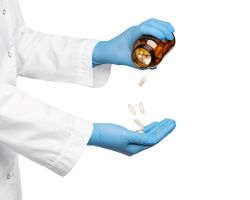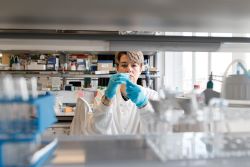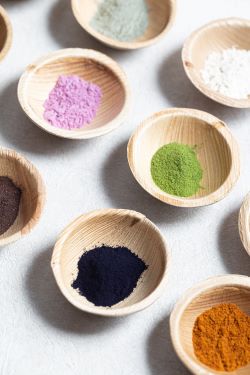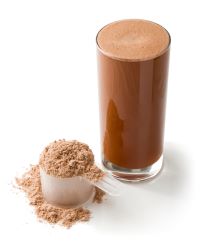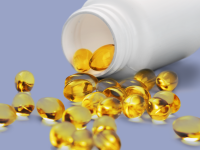
J. David Legan, PhD
Director of Science
David earned his Ph.D. in Food Technology from the University of Reading in the UK by modeling the ecology of mixed microbial populations, and then moved to Campden BRI in a variety of microbiological food safety research and client service roles. During that time, he was project lead for the Bacillus component of the UK’s pathogen modeling program. He moved again to Nabisco Research in New Jersey where he ran the corporate microbiology lab and developed a program of preservation technology development and microbial modeling. After the Kraft Foods acquisition, he moved to Chicago to work on Food Safety and Preservation research, and through modeling and validation studies:
- Optimized Oscar Mayer’s use of lactate and diacetate and their naturally cultured alternatives as Listeria-control agents in Ready to Eat meats
- Specified process conditions central to Oscar Mayer’s commercial launch of High Pressure Pasteurization of naturally cured RTE meats
David had responsibility for the Kraft cultures R&D group, developed a partnership to explore microwave sterilization leading to several patents, and led a program that developed an internal proprietary natural antimicrobial commercialized in several Kraft products. Technologies from his group supported approximately $4 billion in annual sales.
After years as a microbiology "client", he is now back in the "provider" role as Director of Science at Eurofins Microbiology Laboratories, Inc., by way of the Covance Food Solutions group based in Madison, WI, which he joined in 2016. In this role, he ensures appropriate method validation, explores new testing technologies, and fields multiple complicated food microbiology questions.
Products that his team has evaluated or developed and launched include:
- The 3M MDS platform in the Madison microbiology laboratory
- Flow cytometry for enumeration of probiotics
- Strain-level confirmation of probiotic identification using the polymerase chain reaction (PCR)
- Next-generation sequencing using the Oxford Nanopore Technologies GridION sequencing platform for microbial identification and microbiome analysis
Below are resources from David:
Discover expert insights into navigating Out-of-Specification (OOS) results and CAPA investigations. Learn key steps and strategies our technical team uses to resolve unexpected analytical outcomes effectively.
Explore a real-world OOS case study where collaborative investigation revealed formulation challenges as the root cause. Learn how targeted troubleshooting helped a client improve product consistency and manufacturing protocols.
Learn how a lab resolved inconsistent OOS results in a vitamin chew by identifying a wax-related dissolution issue. Discover how method adjustments and tailored procedural notes improved accuracy for unique formulations.
As consumer demand for cleaner labels and naturally derived ingredients continues to rise, many manufacturers of OTC and dietary supplement products are reformulating to remove artificial colors and dyes. While this shift aligns with market trends, it introduces significant challenges—especially when it comes to product stability.
Get key insights from the MAHA Commission’s second report, released September 9, outlining strategic steps for implementation and updates to its original findings.
Discover why analytical testing is essential for dietary supplement and confectionery brands reformulating with natural colors—ensuring compliance, quality, and consumer trust.
Discover how SDS-PAGE, a powerful protein analysis method, supports ingredient quality, transparency, and innovation in the food industry—from meat and dairy to plant-based products.
With growing scrutiny from lawmakers and public health advocates, the once-standard GRAS (Generally Recognized as Safe) process may be on the verge of a major overhaul. In this blog, we break down what GRAS really means, why the self-affirmed process has sparked concern, and how the proposed legislation could redefine the future of ingredient approval in the U.S. food system.
Eurofins Food Chemistry Testing, Madison and Eurofins Assurance are pleased to announce the launch of product certification designed to safeguard the quality of dietary supplements, ingredients and food. Brands, retailers, and facilities in the dietary supplements industry can leverage these new schemes to demonstrate their commitment to regulatory compliance and quality. Click to learn more about this new certification.
Product certification plays a vital role in minimizing the potential risks of adulteration, contamination, and other quality issues in your product. This infographic outlines the steps to earning the Eurofins Assurance Mark for your dietary supplement, ingredient, or food product.




